Half of U.S. professionals say H-1B fee hike to fuel offshoring: Survey
Views were mixed on whether the fee hike would lead to layoffs of existing H-1B employees.
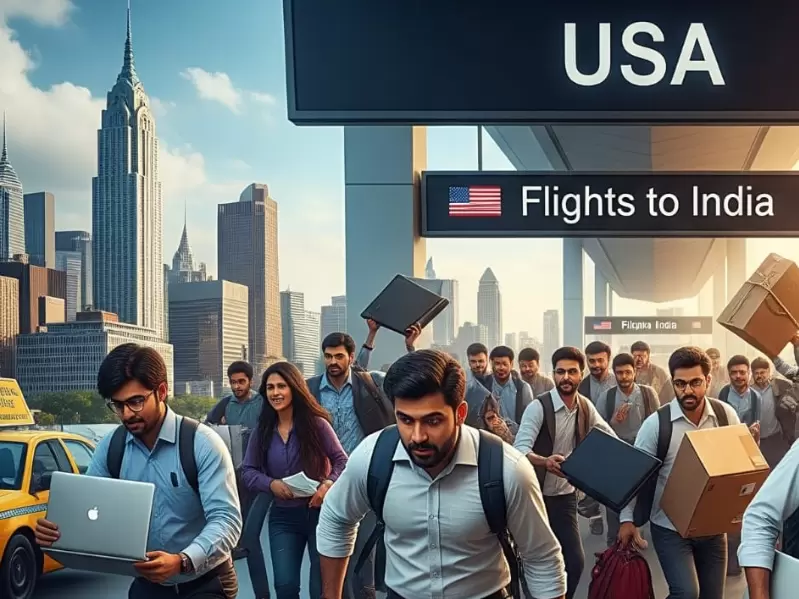 Representative Image / AI Generated
Representative Image / AI Generated
A new survey shows that half of U.S. professionals believe the Trump administration’s recent H-1B visa fee increase is prompting companies to expand overseas rather than hire domestically.
The survey, which was conducted by the workplace platform Blind, revealed that 50 percent of respondents said their companies would expand overseas in response to the fee increase, which increased the H-1B application cost from $1,000 to $100,000 per worker.
In addition, 23 percent of respondents anticipated an increase in domestic hiring, while 17 percent suggested that remote global talent could be leveraged. The trend held across most political and visa groups, except among Trump supporters, where 43 percent expected more U.S. jobs compared with 36 percent predicting overseas expansion.
Also Read:H-1B visa fight spills onto Wall Street as fund faces SEC scrutiny
Regarding H-1B hiring, 40 percent of respondents expected a decrease, nearly twice the 22 percent who foresaw no change. Among those anticipating a reduction, 26 percent predicted a significant decline, a pattern consistent across political affiliations and visa types.
Employees outside major tech giants like Apple, Microsoft, and Amazon reported that their companies were likely to scale back H-1B hiring. One startup worker shared on Blind: “I have been asked to fully stop sourcing H-1B resumes. OPT employees are being given the choice of moving to India or Canada. No more H-1B transfers. H-1B extensions at VP approval.”
An Amazon employee wrote: “Google, Microsoft, and Amazon can swallow the cost, but no one is paying six figures just to hire someone. The only winners here are countries that actually want talent. America just taxed itself out of the talent war.”
Views were mixed on whether the fee hike would lead to layoffs of existing H-1B employees: 35 percent said they expected no major impact, 30 percent were unsure, and 28 percent predicted companies might reconsider retaining H-1B staff due to the higher costs.
The administration has defended the fee hike as a measure to protect American workers and reduce reliance on lower-cost foreign labor, while critics warn it could weaken U.S. competitiveness in technology and engineering sectors.
ADVERTISEMENT
ADVERTISEMENT
E Paper
Video



1759953093.png) Staff Reporter
Staff Reporter
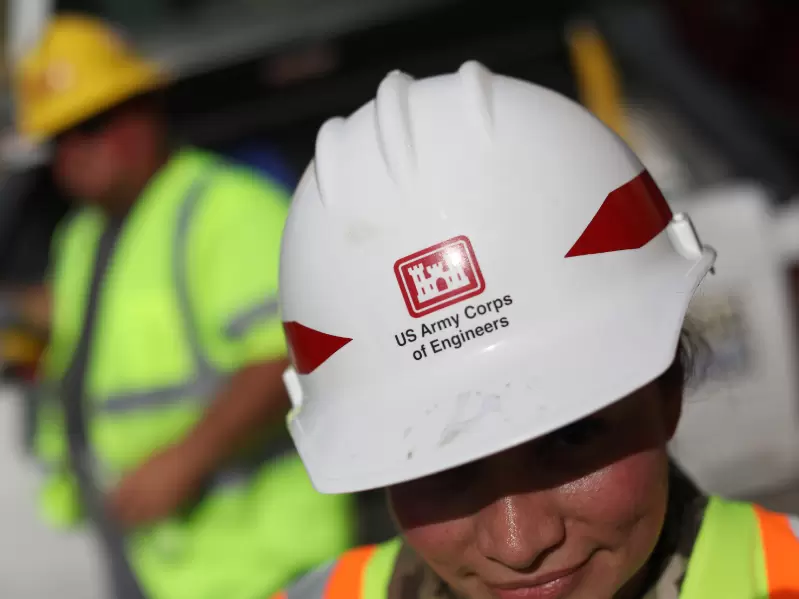





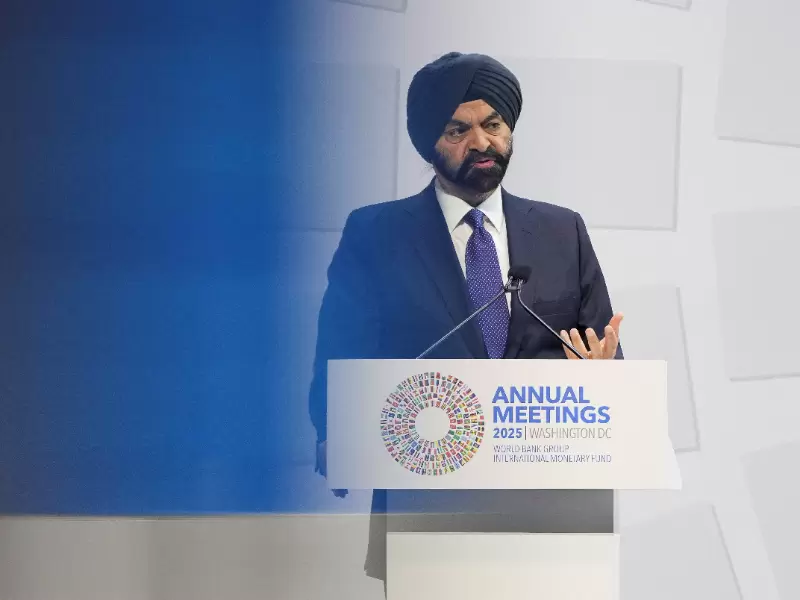
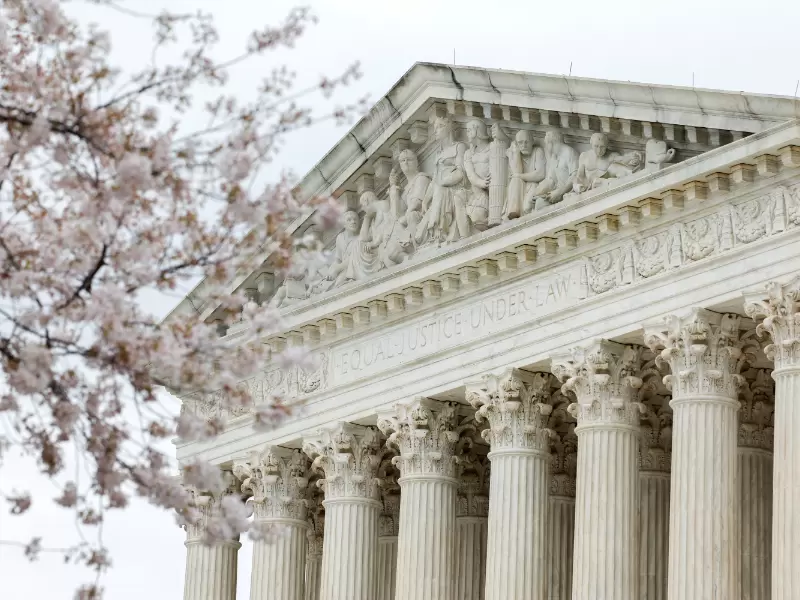


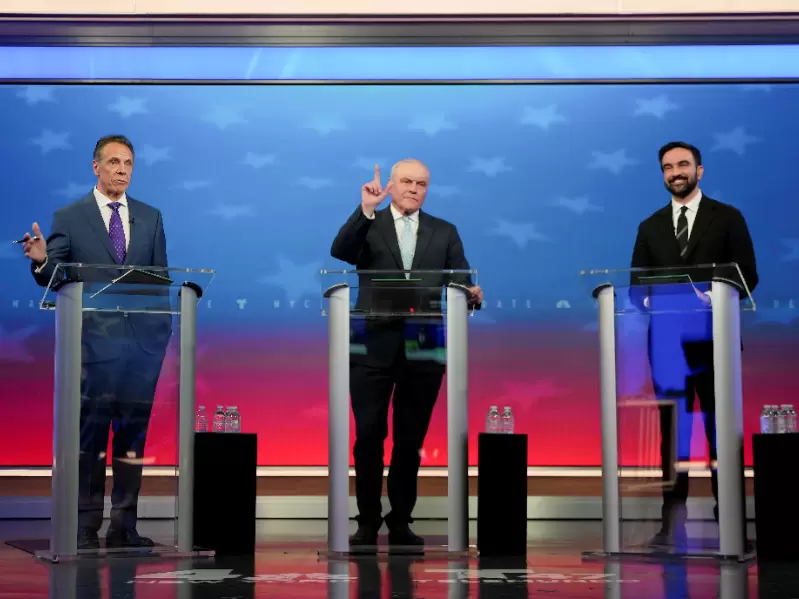



Comments
Start the conversation
Become a member of New India Abroad to start commenting.
Sign Up Now
Already have an account? Login